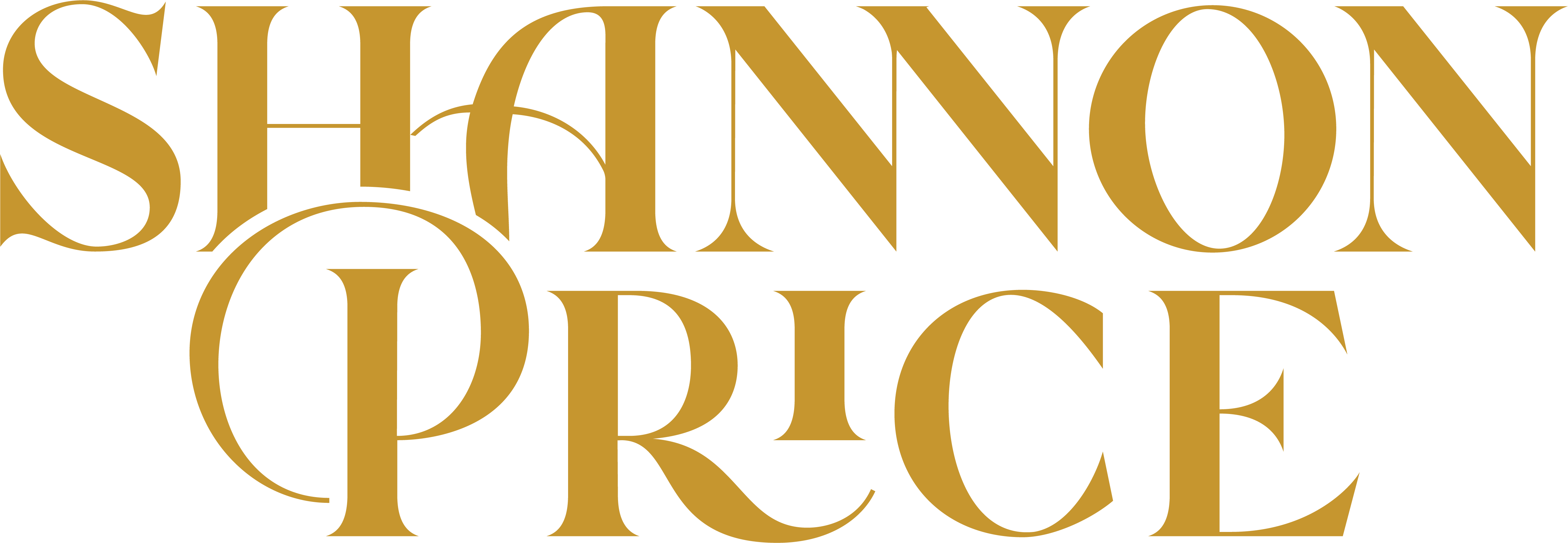Now, for a post I’ve been wanting to write for a long, long time—how I got my agent! I remember how interesting and inspiring it was to read other writers’ How I Got My Agent posts while I was querying, so I hope someone out there finds inspiration in mine.
A few useful terms:
ER= email rejection
PR= partial request
FR=full request
NR= no response
R&R= revise and resend
MY FIRST TWO BOOKS
Manuscript #1 -YA Fantasy
Total Queries Sent = 45
ER = 26
PR = 2
FR = 3
NR = 14
Time Spent Querying = 10 months
Manuscript #2 – YA Fantasy
Total Queries sent = 52
ER = 21
NR = 15
PR—>ER = 2
PR —>FR —>ER = 2
FR—>ER: 10
R&R = 1
Withdrawn = 6
Time Spent Querying= 5 months
*Note: 5 months isn’t a long time to query before throwing in the towel. For me, I realized quickly that this wasn’t the MS that was going to take me anywhere, and my heart was already invested in the book I wanted to write next.
THE WINNER
Manuscript #3 – YA Contemporary/Thriller
Total queries = 27
ER with no requests made= 4
NR= 10
Partials= 0
Full Requests= 3 before notice of offer of rep; 6 after notice of offer of rep
FR to R&R= 1
FR to Offers of Rep = 3
Time Spent Querying: 5 months
THE TAKEAWAY
All things considered, the time it took between writing my manuscript to getting an offer was fairly quick. My first draft of the MS that got me signed was made on August 25, 2015. Six drafts later, I sent my first query on June 14, 2016. After just five months of querying, I received an offer of rep from Elana Roth Parker (woohoo!).
Ten months between writing a first draft and querying is pretty fast. I don’t necessarily recommend such a timeline if you MS is your first book ever. If it’s your first book, you’ll probably need more time to edit, revise, get feedback from your CPs, etc.
I only felt confident about querying when I did because a.) I was working part-time and using every waking second of my off hours to write/edit and b.) because I’d been through the querying process twice before—in other words, I’d been around the block and I knew when my book was as strong as I could make it. Don’t rush your MS, and don’t rush to query and/or enter Twitter contests without a complete, polished, perfected MS (and synopsis) at the ready.
I targeted agents I felt were a good fit for the book and for my career as a writer. Querying a lot like job hunting—you want to find an employer who you’ll enjoy working with as much as they enjoy working with you. Same goes for an agent. It’s better to have no agent than an agent whose goals and vision for the book don’t align with yours.
Lastly, I hope that everyone reading this knows that it’s standard procedure to notify all of agents you’ve queried (and are still waiting to hear from) once you’ve received an offer of rep. I sure did, and even though many of the responses were passes I got quite a few “thank you”s for sending those emails at all. Cement this into your brain now—BE SURE TO NOTIFY ALL THE AGENTS YOU’VE QUERIED ONCE YOU RECEIVE AN OFFER OF REP. This is keeps agents from spending time on an MS that’s already been scooped up. It’s also a cue to them to be all “hey, someone is interested in this book, maybe I should too.” And, it’s just polite.
So, there you have it. How do my querying numbers and times compare to yours? Got any burning questions about what my rejections said, or do you need tips on forging ahead in the query trenches? Let me know!
